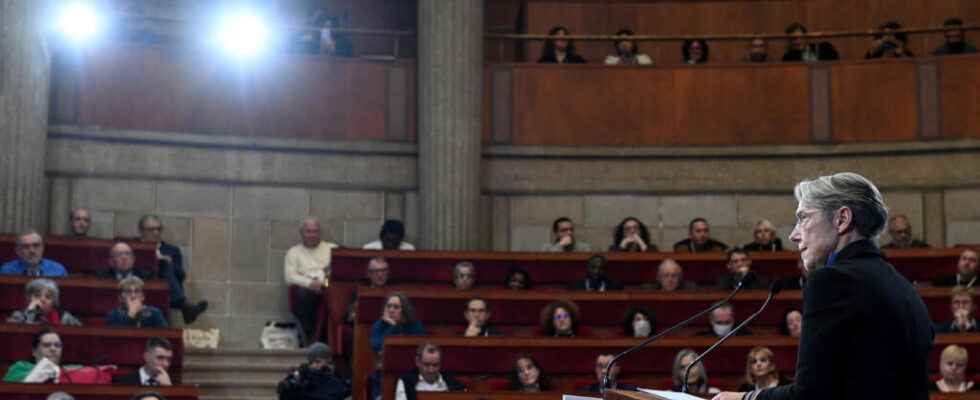The citizens’ convention, organized in France on the end of life, is halfway through. Since December 2022, some 180 citizens have been trained in the challenges of this delicate subject, which divides French society, and reflect on the need or not to change the law. Their conclusions must be submitted to the government in mid-March; we will then know in particular if they advocate the authorization of assisted dying.
Is the end-of-life support framework adapted to the different situations encountered, or should any changes be introduced? This is the question posed to the citizens’ convention.
The framework is that of the so-called Claeys-Leonetti law. Since 2016, it has provided deep and continuous sedation until death for terminally ill patients whose suffering cannot be alleviated; it does not authorize euthanasia or assisted suicide.
During three-day sessions, the 184 participants of this citizens’ convention train, interview experts, and debate. At this stage, many proposals have come from the working groups set up.
Some are, for the time being, supported by a large number of participants, such as the proactive development of palliative care with mobile teams in each canton, or active assistance in dying for people suffering from a neurodegenerative disease and whose prognosis vital would be engaged in the medium term.
But discussions will continue. The citizens’ convention must submit its final conclusions to the government on March 19.
►Read again: A brief history of euthanasia and assisted suicide since Antiquity
